Engaging Strategies for Connecting with Live Music Fans at Events
Understanding Live Music Fans
Live music has the extraordinary ability to create unforgettable moments, foster connections, and evoke deep emotions among fans. These passionate individuals come together with a shared affinity for their favorite artists and genres, making every performance more than just an event; it becomes an experience. However, understanding the intricacies of live music fans is crucial for organizers, promoters, and artists alike. In this section, we delve into the demographics of live music fans, exploring why this music genre matters to them, alongside the common challenges encountered in their journey as dedicated supporters.
Demographics of Live Music Fans
The demographics of live music fans are as diverse as the music itself. Typically, they range in age from teenagers to adults in their 50s and beyond. Each group exhibits distinct characteristics, preferences, and spending behaviors.
- Age Groups: Various studies have shown that younger audiences (ages 18-34) prioritize live experiences and often attend multiple concerts per year. In contrast, older fans (ages 35-54) may attend fewer shows, but often spend more on each event, value comfort, and experience, and might select highly anticipated performances.
- Gender: The gender representation varies by genre, with demographics like pop and country often attracting a more even male-to-female ratio, while rock and electronic music shows can lean toward male audiences.
- Geographic Location: Urban areas typically have a higher concentration of live events and music fans, while rural regions may depend on travel to attend major concerts or festivals.
- Income Levels: Income affects attendance frequency; higher-income fans tend to spend more on VIP experiences, merchandise, and travel, while lower-income fans may seek affordable or local events.
Why Live Music Matters to Fans
For many, live music represents more than mere entertainment; it’s a vital part of their identity and social life. Here are some key reasons why live music matters to fans:
- Emotional Connection: The atmosphere at live shows fosters emotional connections between the audience, artists, and the music. Fans often build lasting memories associated with particular songs or performances.
- Community and Belonging: Attending concerts allows fans to connect with like-minded individuals, establishing communities based on shared interests. This sense of belonging can be especially significant for fans feeling isolated or disconnected in everyday life.
- Escapism: Live music provides an escape from everyday stressors. Fans immerse themselves in the live experience, where they can forget about their problems for a few hours and simply enjoy the moment.
Common Challenges for Live Music Fans
Despite the joys of attending live events, fans often face numerous challenges that can impact their experiences:
- Ticket Availability and Pricing: Many fans struggle to secure tickets, especially for popular events that sell out quickly. The rising prices of tickets can also create barriers to attendance, particularly for younger fans or those on a budget.
- Transportation and Accessibility: Getting to and from venues can be a significant hurdle. Fans may face challenges with traffic, parking, or public transportation that can deter attendance.
- Safety Concerns: Issues related to personal safety and comfort at crowded venues can be a concern for attendees, particularly in the wake of recent global events that have heightened awareness of crowd safety.
- Scheduling Conflicts: Fans often contend with various commitments, including work, school, or family obligations, which can interfere with their ability to attend events.
Creating Memorable Experiences for Live Music Fans
With a deeper understanding of the live music fan demographic, the focus shifts to creating memorable experiences that engage and resonate with them. By planning innovative events, effectively utilizing merchandise, and incorporating fan feedback, organizers can enhance the connection between fans and the live music experience.
Innovative Event Planning for Engagement
Event planning plays a crucial role in how memorable and enjoyable a concert or festival can be. Successful events often incorporate the following elements:
- Unique Venues: Hosting events in unconventional or picturesque locations can enhance the overall experience. For instance, rooftop venues, open fields, or historic sites can add an ancillary charm that appeals to fans.
- Themed Experiences: Creating themes around concerts or festivals can boost excitement and anticipation. For example, designing a retro-themed event that encourages fans to come dressed in vintage clothing can elevate engagement levels.
- Interactive Activities: Providing interactive installations—such as photo booths, art displays, or virtual reality experiences—can engage fans between performances and keep the energy high.
Using Merchandise to Connect with Fans
Merchandise serves as a tangible connection between fans and their favorite artists. Beyond traditional T-shirts and memorabilia, innovative merchandise strategies can enrich the fan experience, such as:
- Exclusive Items: Limited-edition merchandise available only at events can incentivize purchase and create a sense of exclusivity.
- Customization: Allowing fans to personalize their merchandise—through name printing or color choices—can foster a deeper connection to the items they purchase.
- Functional Merchandise: Offering useful items, such as reusable water bottles, eco-friendly bags, or tech accessories, can also create a lasting relationship, as fans continue to use and showcase their purchases long after the event concludes.
Incorporating Fans’ Feedback in Event Design
Directly asking for and acting on fan feedback shows that their opinions matter and can greatly enhance future events. Strategies for gathering insights include:
- Surveys and Polls: Distributing surveys after events can provide invaluable insights into fan preferences, what they enjoyed, and areas needing improvement.
- Social Media Interaction: Actively engaging with fans on social media platforms to ask for their opinions can create a sense of community and keep the dialogue open.
- Focus Groups: Conducting small focus groups with avid fans can yield qualitative data that may not be captured through traditional surveys.
Effective Marketing Strategies for Live Music Fans
Once memorable experiences have been established, promoting them effectively is essential for maximizing attendance and engagement. Utilizing innovative marketing strategies can make a significant difference in reaching and resonating with live music fans.
Leveraging Social Media for Events
Social media remains an influential tool for reaching live music fans at various stages of the event lifecycle:
- Event Announcements: Utilizing platforms like Instagram, Facebook, and TikTok to announce upcoming events helps build anticipation and excitement among potential attendees.
- Behind-the-Scenes Content: Sharing glimpses of artists preparing, venue setups, and other behind-the-scenes activities can create buzz and draw fans in, making them feel part of the experience.
- Engaging Content: Incorporating polls, contests, and fan-generated content encourages participation and can organically spread awareness through social sharing.
Building a Community Around Live Music
Creating a sense of belonging and community among fans can significantly enhance their overall experience:
- Fan Clubs and Online Communities: Establishing fan clubs or official social media groups fosters fan connections, where individuals can interact, share experiences, and support one another.
- Post-Event Meetups: Organizing post-event gatherings allows fans to reminisce about experiences together and strengthens communal ties.
Collaborating with Influencers in the Music Scene
Partnering with influencers who resonate with target audiences can amplify promotion efforts:
- Influencer Sponsorships: Inviting influential figures in the music scene to attend an event can draw their followers’ attention and expand reach.
- Collaborative Giveaways: Working with influencers on social media giveaways of tickets or merchandise can incentivize followers to engage and share event promotions.
Importance of Fan Interaction During Events
During live performances, the interaction between fans, artists, and organizers can significantly shape the experience. Engaging fans in dynamic ways can create a more memorable atmosphere, keeping them invested in the event.
Strategies for Engaging with Live Music Fans
There are numerous strategies to actively engage fans during live events:
- Audience Participation: Encouraging fans to sing along, dance, or participate in call-and-response segments can heighten energy levels and create shared experiences.
- Social Media Integration: Using event-specific hashtags and encouraging fans to share their experience in real time can amplify engagement both online and in-person.
- Fan Spotlights: Featuring fans throughout the event—whether through contests where winners get shout-outs or including fan videos in presentations—celebrates community involvement.
Utilizing Technology for Real-Time Engagement
Technology offers innovative ways to interact with fans during live events:
- Event Apps: Using dedicated apps to provide schedules, interactive maps, and alerts about events or artist meet-and-greets can enhance the overall experience.
- Live Polling and Q&A: Incorporating functionalities for live polls or Q&A sessions allows the audience to feel involved and directly influence the experience.
Post-Event Follow-Ups to Retain Fans
The experience does not end when the concert concludes. Following up with fans can reinforce their connection to the event:
- Thank You Messages: Sending personalized messages of appreciation post-event can foster goodwill and encourage future attendance.
- Offering Exclusive Previews: Providing fans early access to news about upcoming events or ticket sales helps create a continuous cycle of engagement.
Measuring Success and Feedback from Live Music Fans
To build successful future events, it is vital to measure their success through various metrics and gather feedback from fans. This ensures that the dynamic needs of live music fans are consistently met, thereby enhancing their concert experiences.
Key Performance Indicators for Live Events
Understanding key performance indicators (KPIs) can provide valuable insights into the event’s success:
- Attendance Rates: Tracking the number of attendees in comparison to expected figures and previous events helps gauge popularity and ticket demand.
- Engagement Metrics: Analyzing social media engagement, merchandise sales, and fan interactions during the event provides quantitative data on fan interest.
- Revenue Streams: Assessing different revenue sources—from ticket sales, merchandise, and sponsorships—can reveal trends and strengths within the event structure.
Surveys and Feedback Tools for Fans
Implementing structured surveys and feedback tools is crucial for capturing fans’ thoughts on their experience:
- Post-Event Surveys: Conducting surveys shortly after events can provide timely insights into various aspects of attendees’ experiences and expectations.
- Online Ratings and Reviews: Encouraging fans to leave reviews on platforms such as Google, Facebook, or even artist-specific apps offers invaluable public perception tools.
Adapting Future Events Based on Insights
Gathering and analyzing fan feedback should directly inform the planning of future events:
- Action Plans: Establishing clear action plans based on survey insights ensures that positive changes are communicated and implemented for upcoming events.
- Continuous Improvement: Recognizing that preferences may evolve over time, conducting regular reviews and updates based on fan feedback will keep the concert experience fresh and fulfilling.
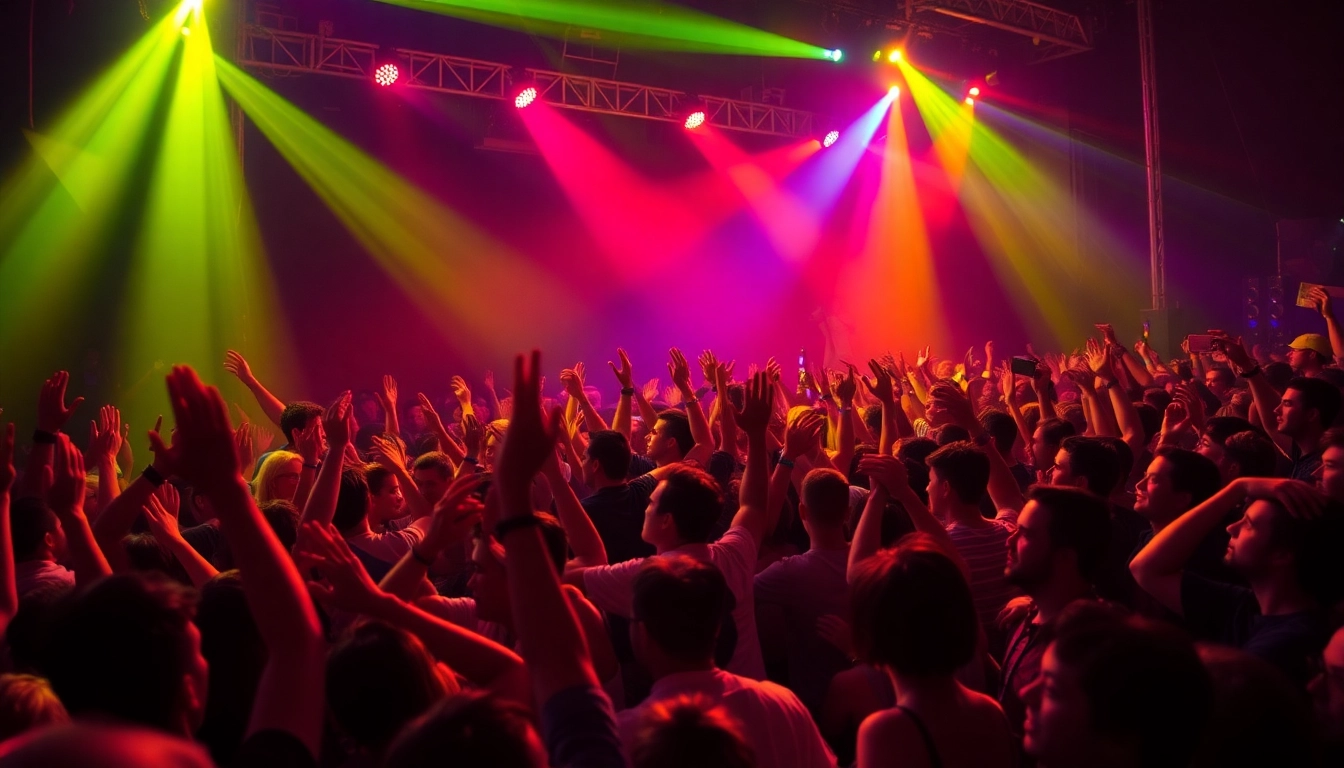
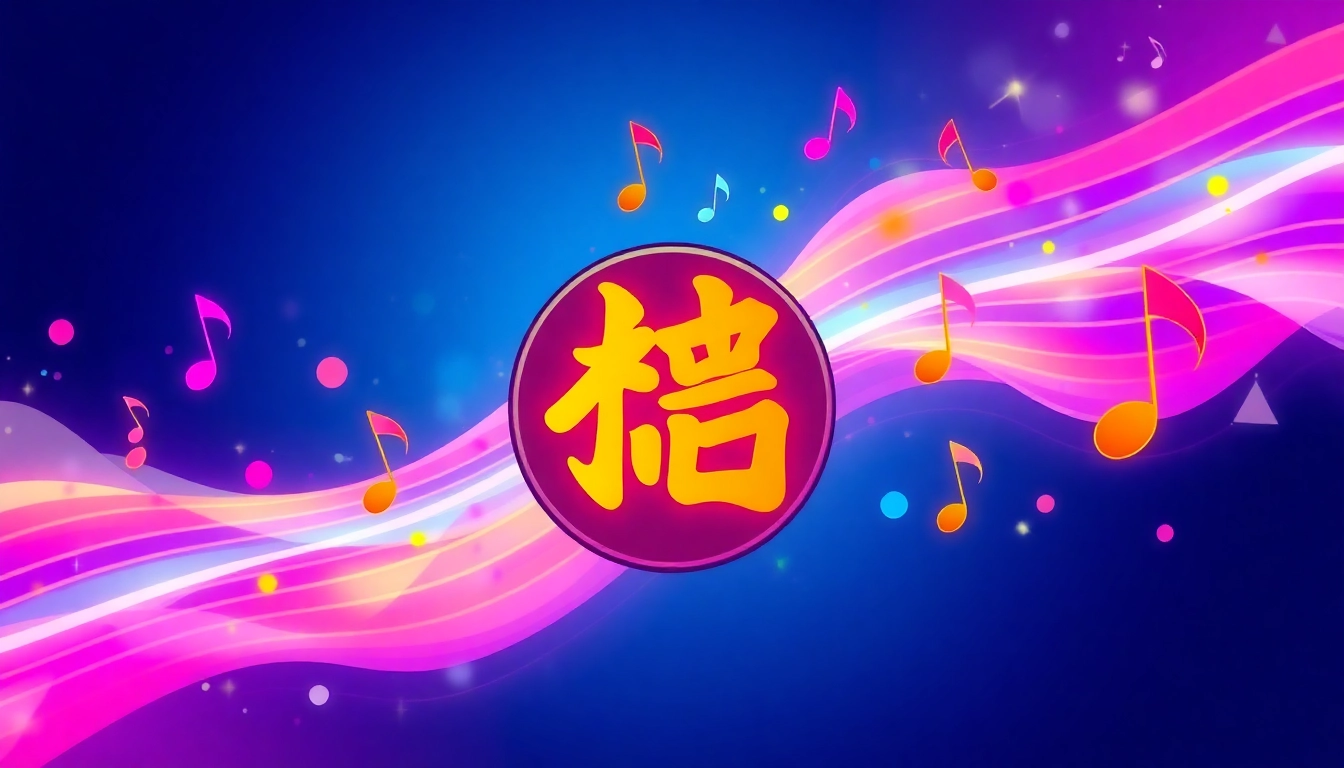
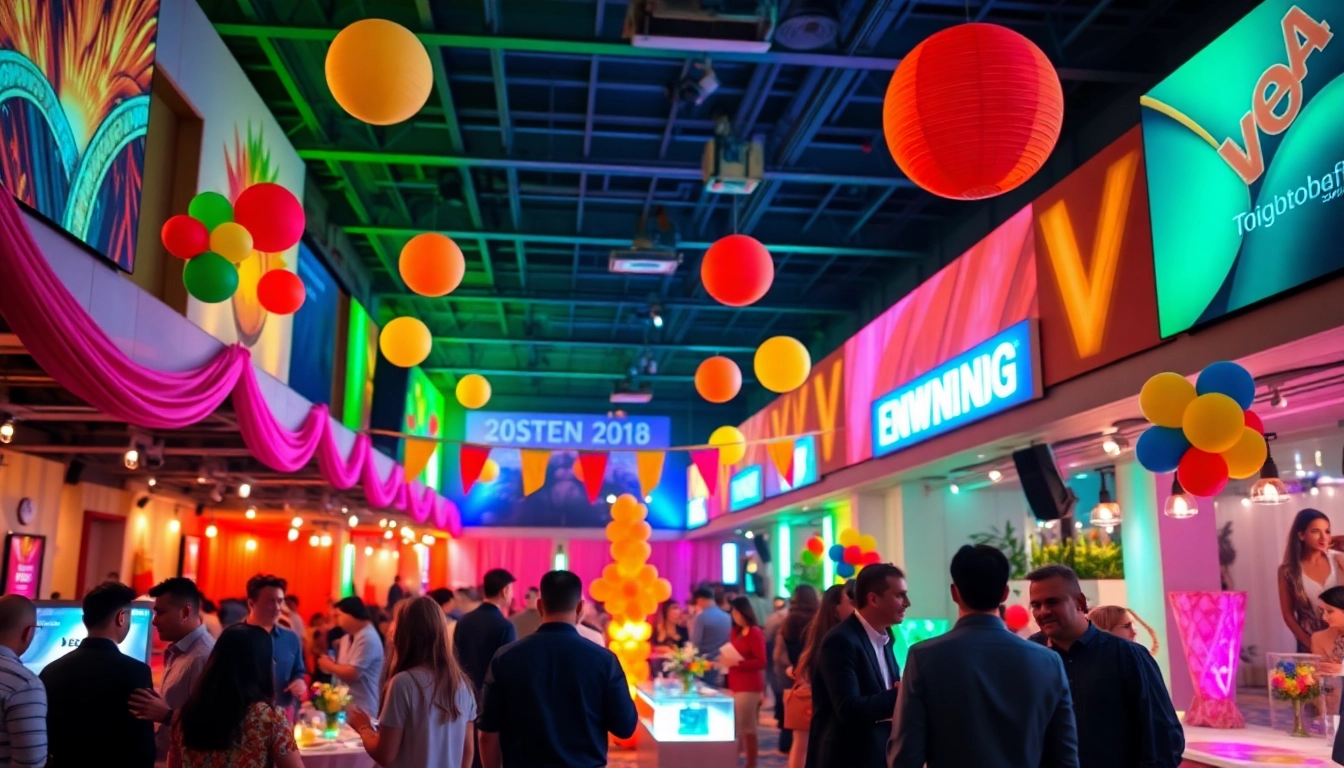
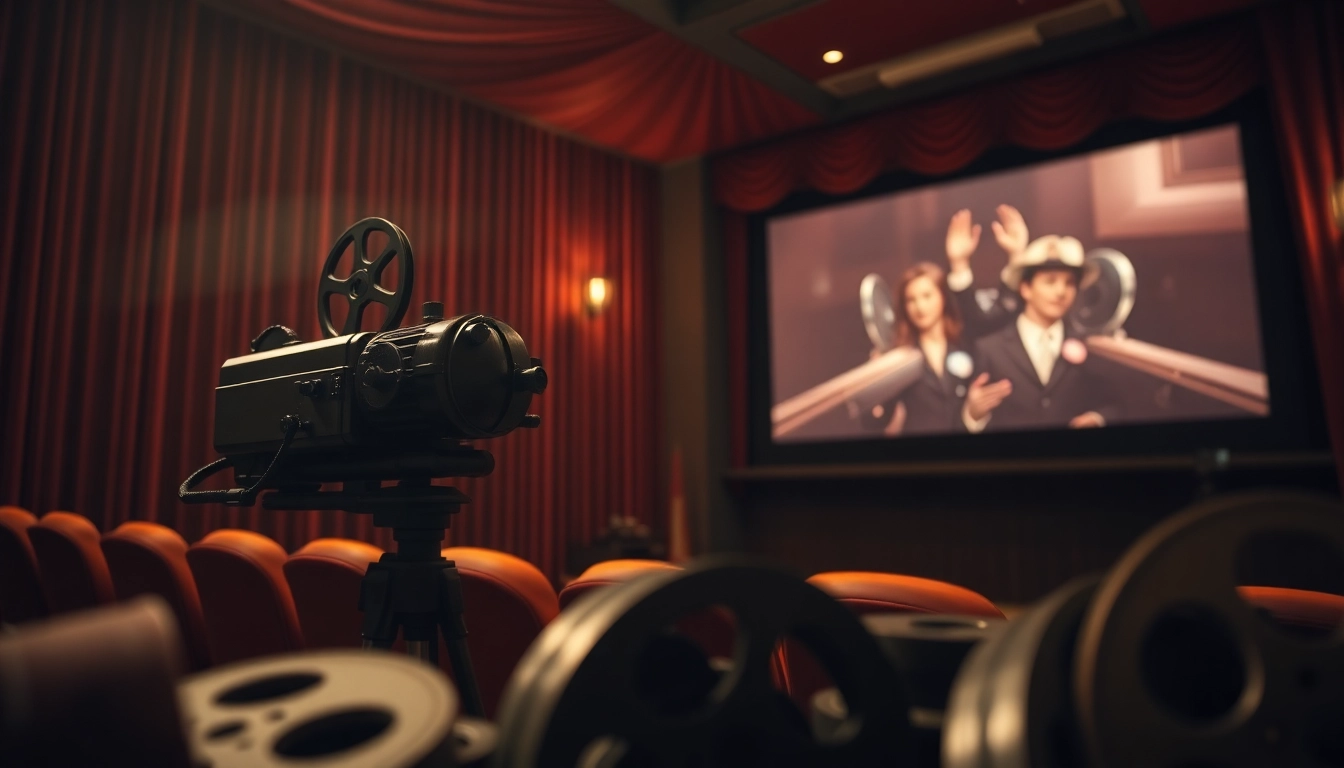
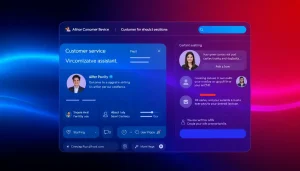
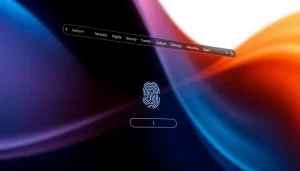
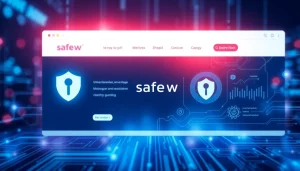
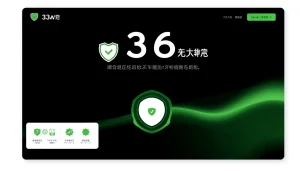



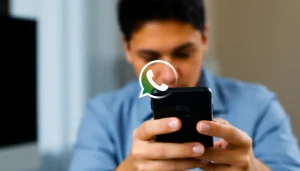
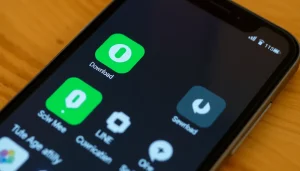
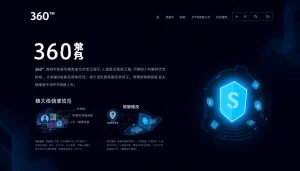
Post Comment